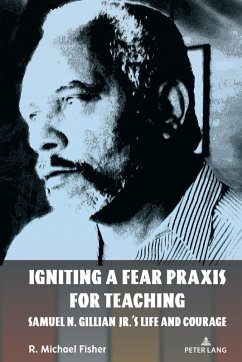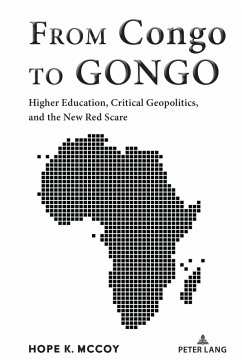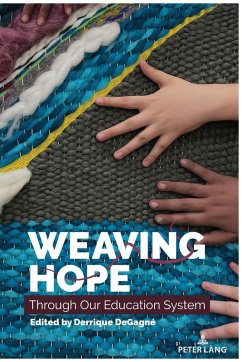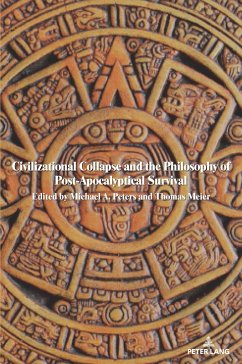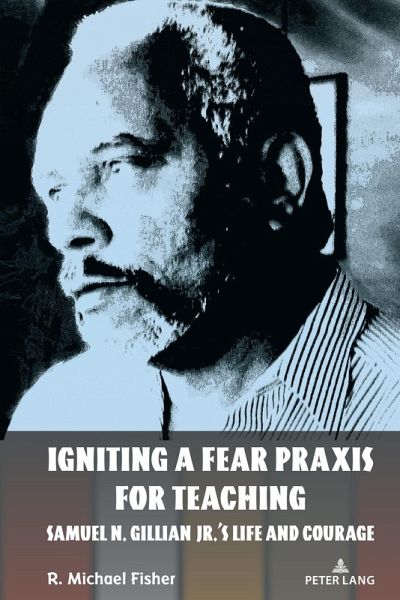
Igniting a Fear Praxis for Teaching (eBook, ePUB)
Samuel N. Gillian Jr.'s Life and Courage
Versandkostenfrei!
Sofort per Download lieferbar
Statt: 84,95 €**
70,95 €
inkl. MwSt.
**Preis der gedruckten Ausgabe (Gebundenes Buch)
Alle Infos zum eBook verschenkenWeitere Ausgaben:

PAYBACK Punkte
35 °P sammeln!
With current surging polarities of perspectives, dangerous culture wars and immanent threats to the human social and ecological fabric, it is a good time to rediscover the true meaning of fear through the eyes of a creative and endearingly outrageous educator who taught 'Fear is not the enemy.' Through a combination of fi ction and non-fiction, this book offers a fi rst documentation of the philosophy and story of Samuel Nathan Gillian Jr. (1939-2006), an African-American educator-activist from the Bronx, New York. Fisher takes readers on a journey of growth and development with a protagonist ...
With current surging polarities of perspectives, dangerous culture wars and immanent threats to the human social and ecological fabric, it is a good time to rediscover the true meaning of fear through the eyes of a creative and endearingly outrageous educator who taught 'Fear is not the enemy.' Through a combination of fi ction and non-fiction, this book offers a fi rst documentation of the philosophy and story of Samuel Nathan Gillian Jr. (1939-2006), an African-American educator-activist from the Bronx, New York. Fisher takes readers on a journey of growth and development with a protagonist named Deana, a sophomore college student, as she comes to understand the radical importance of her Uncle Sammy's life and work. Embellished with the intellectual rigor of a biography of a wise man, Fisher tracks his own relationship and those who knew and loved Samuel as the tension grows to a pitch in the story. Yet, the real brilliance lies in the psychological, philosophical and spiritual twists Sam Gillian brought forward in two stunning books on fear (2002, 2005) that this book revives. Fisher, who has studied fear systematically since 1989, has never met a unique thinker like Sam Gillian. Through Fisher's eyes, the special signifi cance of Gillian's work is brought to the general and well-educated reading public. An essential book for post-secondary education on fear management, a resource guide for school teachers, parents, psychologists, policy makers and anyone who seeks to help humanity establish a sustainable, moral and healthy relationship with fear.
Dieser Download kann aus rechtlichen Gründen nur mit Rechnungsadresse in A, D ausgeliefert werden.




